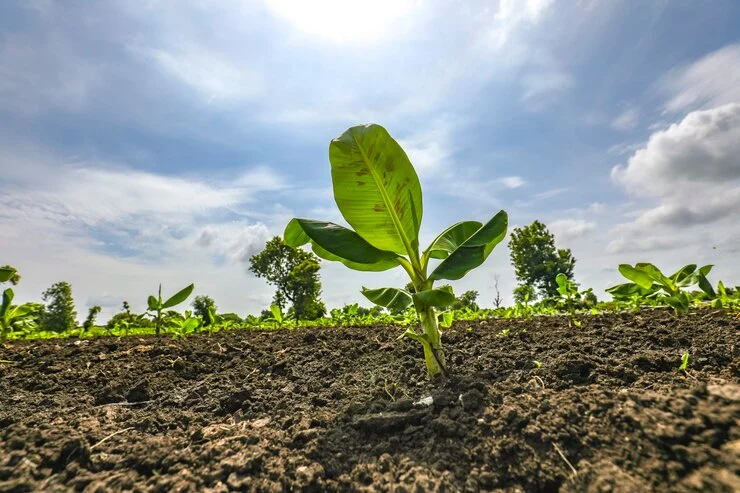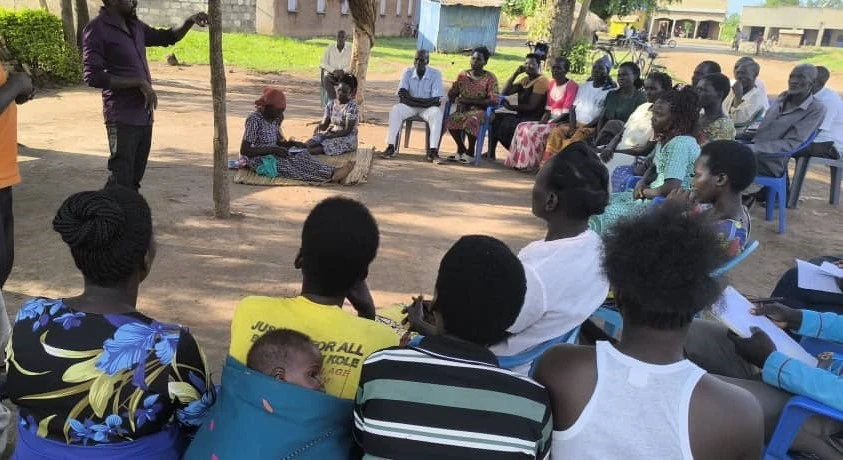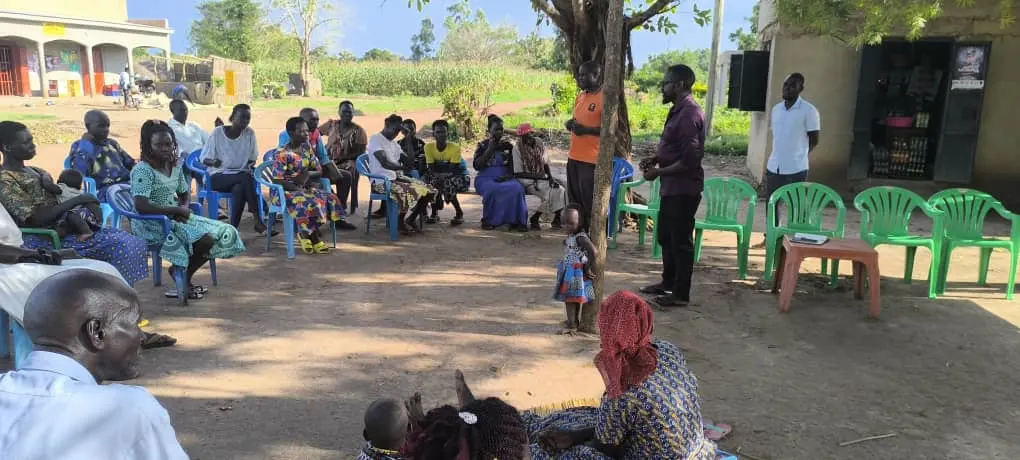Climate change poses significant challenges to agriculture worldwide, affecting crop yields, livestock, and the livelihoods of farmers. At Agrosahas International PVT LTD, we are committed to promoting climate-resilient agriculture to help communities adapt and thrive despite these challenges. This blog will explore the concept of climate-resilient agriculture, the strategies we employ, and the importance of building adaptive capacity in Agrosahas communities.
What is Climate Resilient Agriculture?
Climate-resilient agriculture involves practices and systems designed to withstand the impacts of climate change. It aims to enhance the ability of agricultural systems to endure climate shocks, reduce vulnerability, and improve food security. This approach integrates sustainable practices that promote environmental health and economic stability for farmers.
What are the 5 Determinants of Climate Adaptive Capacity?
Adaptive capacity refers to the ability of a system or community to adjust to climate change, to moderate potential damages, and to cope with the consequences. The five key determinants of climate adaptive capacity are:
- Economic Resources: Financial stability and access to resources enable communities to invest in adaptive measures.
- Technology: Access to and utilization of advanced technologies can improve resilience.
- Information and Skills: Knowledge and skills related to climate adaptation are crucial for effective implementation of resilient practices.
- Infrastructure: Robust infrastructure, such as irrigation systems and storage facilities, supports agricultural resilience.
- Institutions: Effective governance and supportive institutions facilitate the implementation of adaptive strategies.
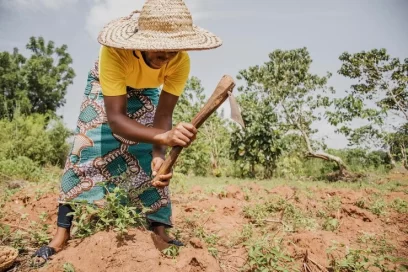
What is Adaptation and Building Resilience to Climate Change?
Adaptation to climate change involves making adjustments in natural or human systems in response to actual or expected climatic stimuli. Building resilience, on the other hand, focuses on enhancing the capacity of communities to anticipate, prepare for, respond to, and recover from adverse climate impacts. In the context of agriculture, this means adopting practices that can sustain productivity under changing climate conditions.
What are the 5 Pillars of Climate Resilience?
The five pillars of climate resilience are:
- Diversity: Promoting agricultural biodiversity to enhance system stability.
- Sustainable Practices: Implementing sustainable land and water management practices.
- Flexibility: Developing flexible farming systems that can adjust to climate variability.
- Knowledge and Learning: Encouraging continuous learning and adaptation based on new climate information.
- Community Engagement: Involving local communities in planning and decision-making processes.
What are the Strategies for Climate-Resilient Agriculture?
At Agrosahas, we employ several strategies to promote climate-resilient agriculture:
1. Agroforestry
Agroforestry integrates trees and shrubs into agricultural landscapes, providing multiple benefits such as improved soil fertility, enhanced biodiversity, and increased carbon sequestration. This practice helps to stabilize the ecosystem, making it more resilient to climate shocks.
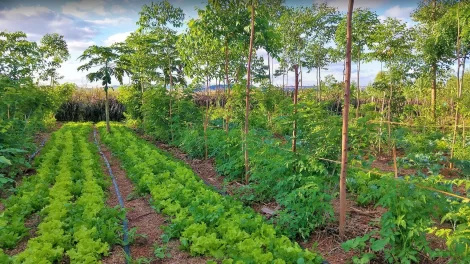
2. Conservation Agriculture
Conservation agriculture involves minimal soil disturbance, maintaining soil cover, and rotating crops. These practices improve soil health, increase water retention, and reduce erosion, thereby enhancing the resilience of farming systems.
3. Climate-Smart Crop Varieties
We promote the use of climate-smart crop varieties that are drought-resistant, heat-tolerant, and have shorter growing cycles. These varieties can better withstand extreme weather conditions and ensure stable yields.
4. Water Management
Efficient water management practices, such as rainwater harvesting, drip irrigation, and the construction of water storage facilities, are crucial for sustaining agriculture in the face of erratic rainfall patterns.
5. Community Training and Capacity Building
Building the adaptive capacity of farmers through training programs on climate-resilient practices and technologies is a core component of our strategy. These programs empower farmers with the knowledge and skills needed to implement adaptive measures effectively.
6. Risk Management and Insurance
Implementing risk management strategies and providing access to agricultural insurance helps farmers mitigate the financial impacts of climate-related losses. This financial security enables them to invest in resilience-building measures.
How Agrosahas is Building Adaptive Capacity
At Agrosahas, we are dedicated to enhancing the adaptive capacity of the communities we serve. Our initiatives include:
Training Programs
We conduct regular training sessions for farmers on climate-resilient practices, such as agroforestry, conservation agriculture, and water management. These programs are designed to equip farmers with the necessary skills to adapt to changing climate conditions.
Research and Development
Our research efforts focus on developing and promoting climate-smart crop varieties and innovative farming techniques. By collaborating with research institutions, we ensure that our farmers have access to the latest advancements in agricultural science.

Community Engagement
We actively involve local communities in planning and decision-making processes. This participatory approach ensures that the strategies we implement are tailored to the specific needs and circumstances of the communities.
Partnerships and Collaboration
We partner with governmental and non-governmental organizations, research institutions, and other stakeholders to leverage resources and expertise. These collaborations enhance our capacity to support farmers and build resilient agricultural systems.
Conclusion
Climate change presents significant challenges to agriculture, but through strategic planning and the adoption of resilient practices, we can build agricultural systems that are robust and sustainable. At Agrosahas International PVT LTD, we are committed to promoting climate-resilient agriculture and building the adaptive capacity of our communities. By integrating innovative strategies and fostering community engagement, we aim to ensure food security and sustainable livelihoods for all.

